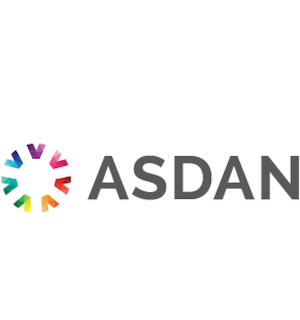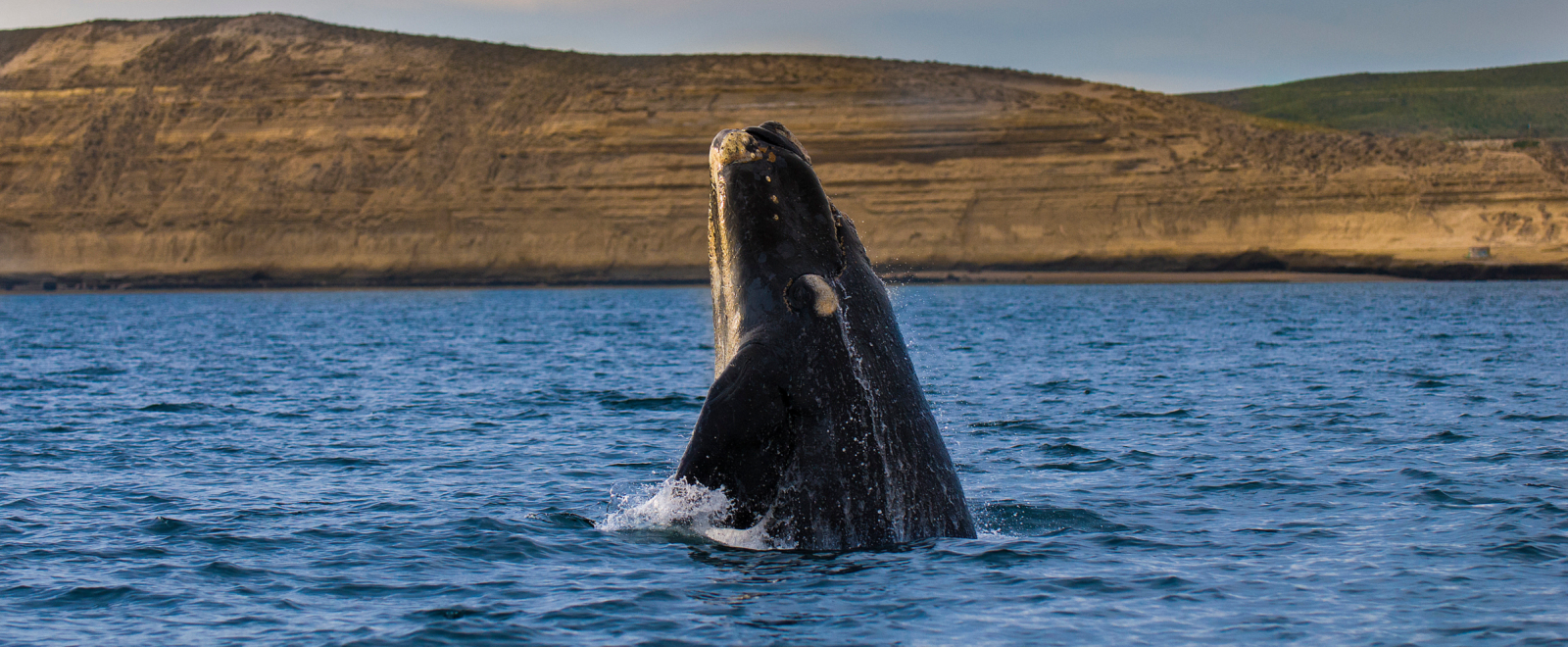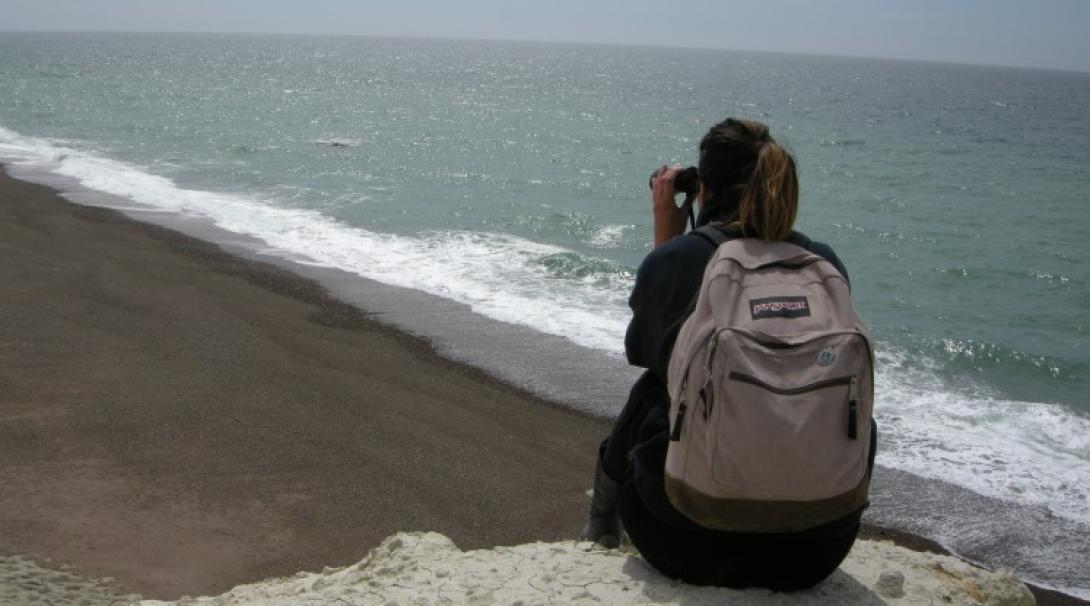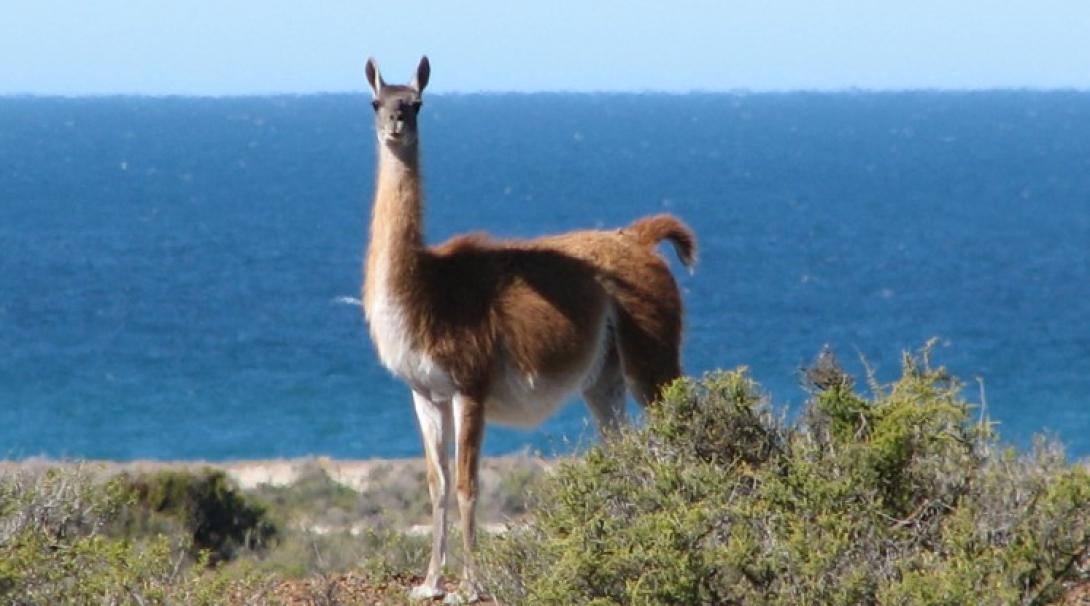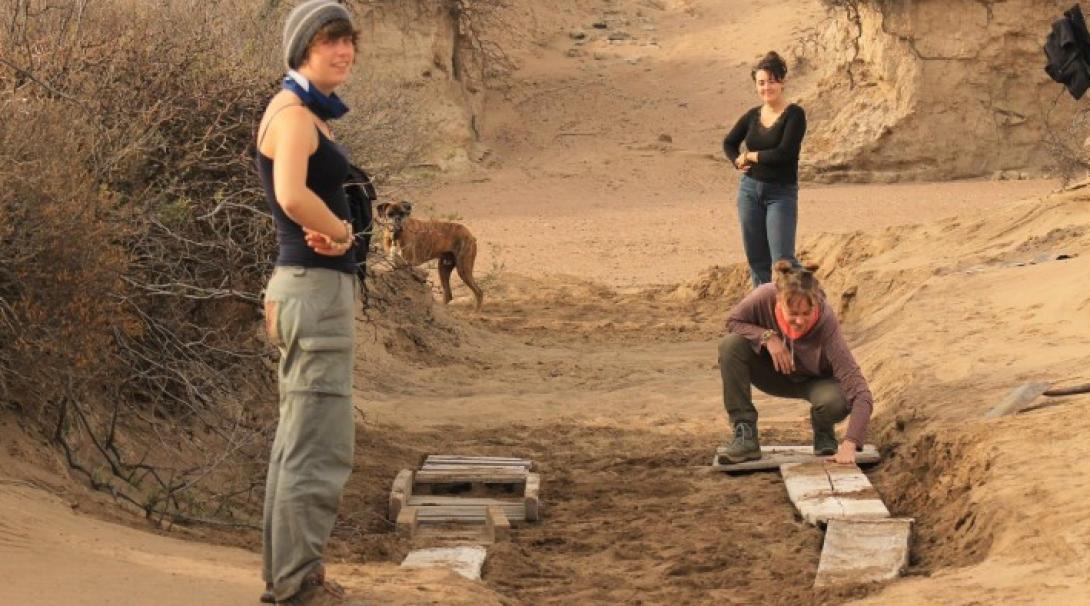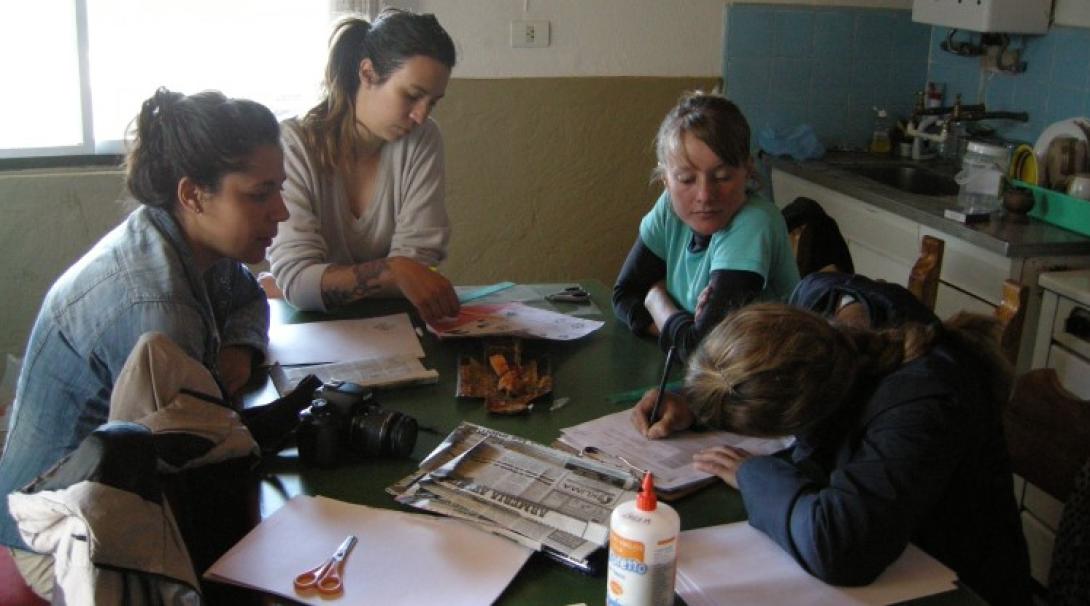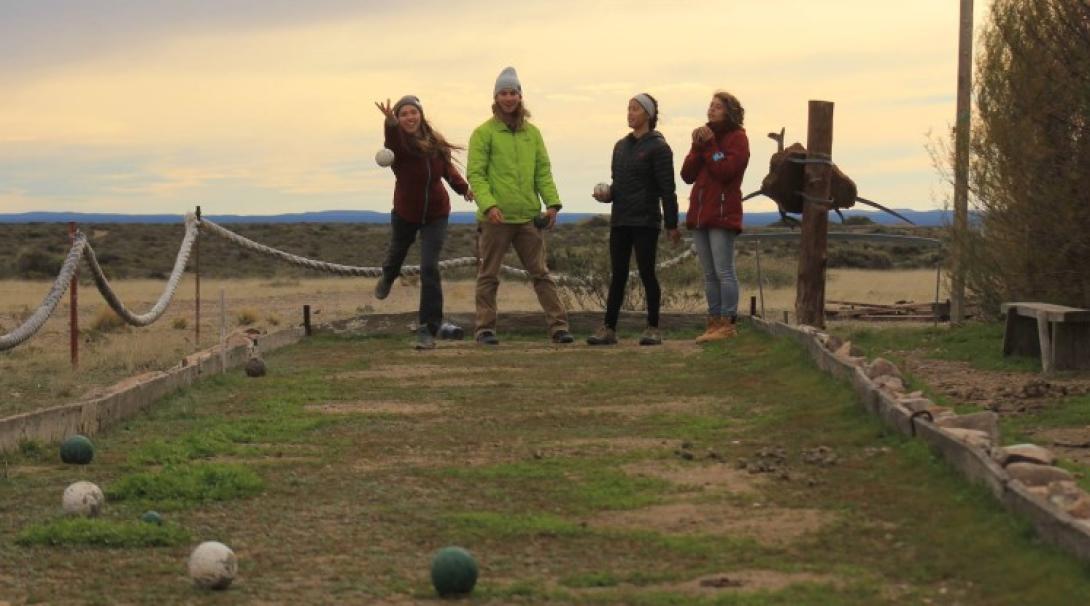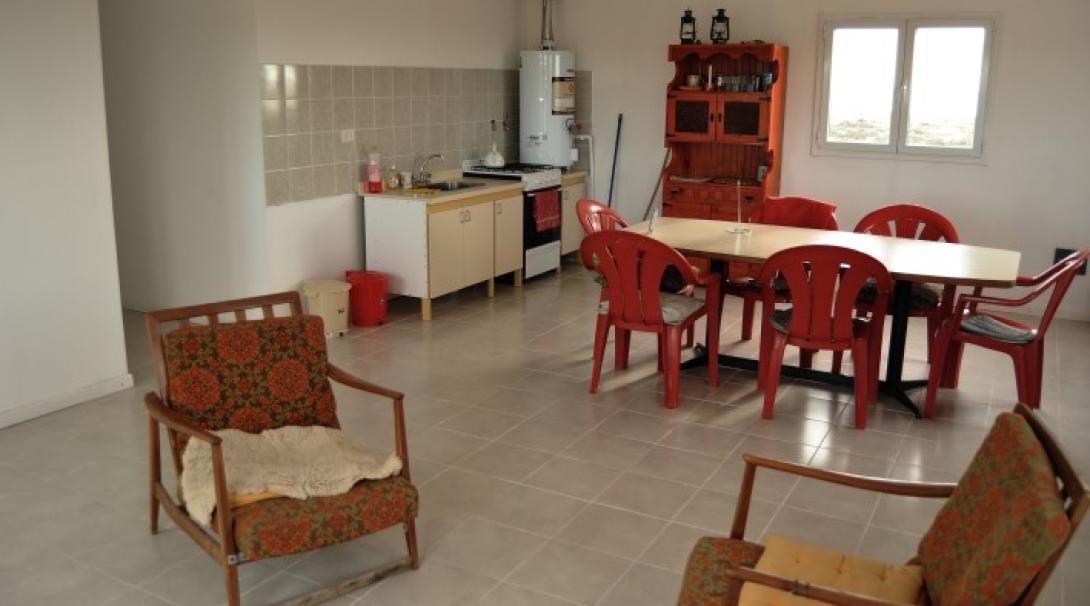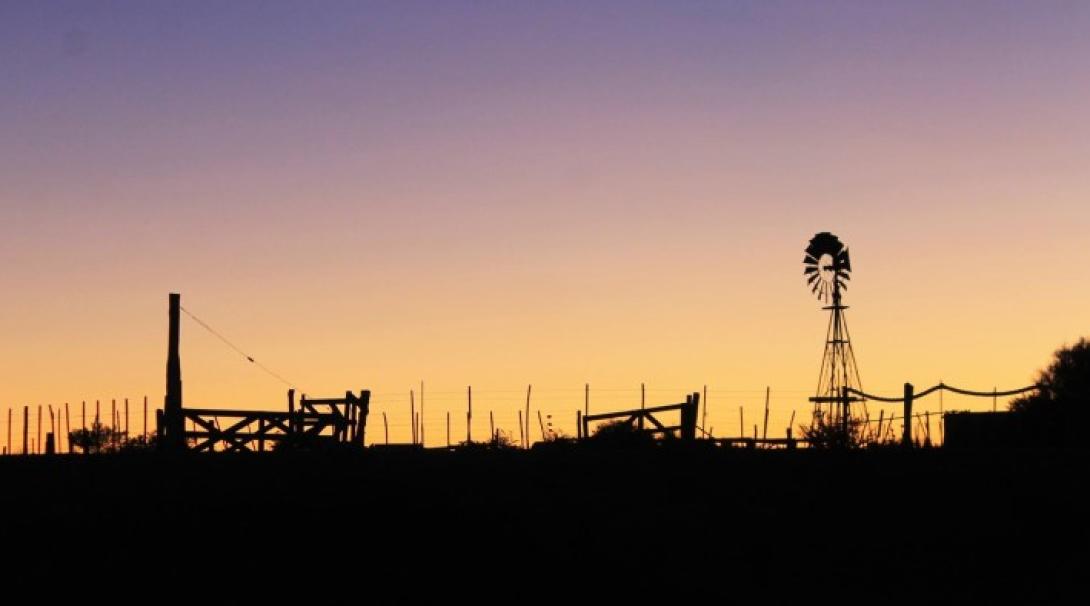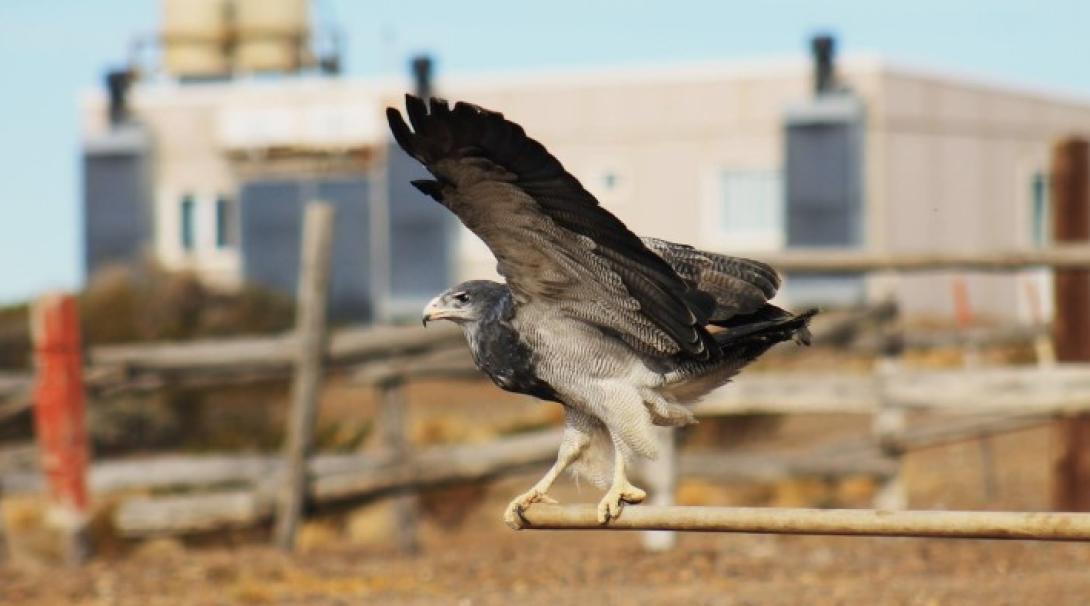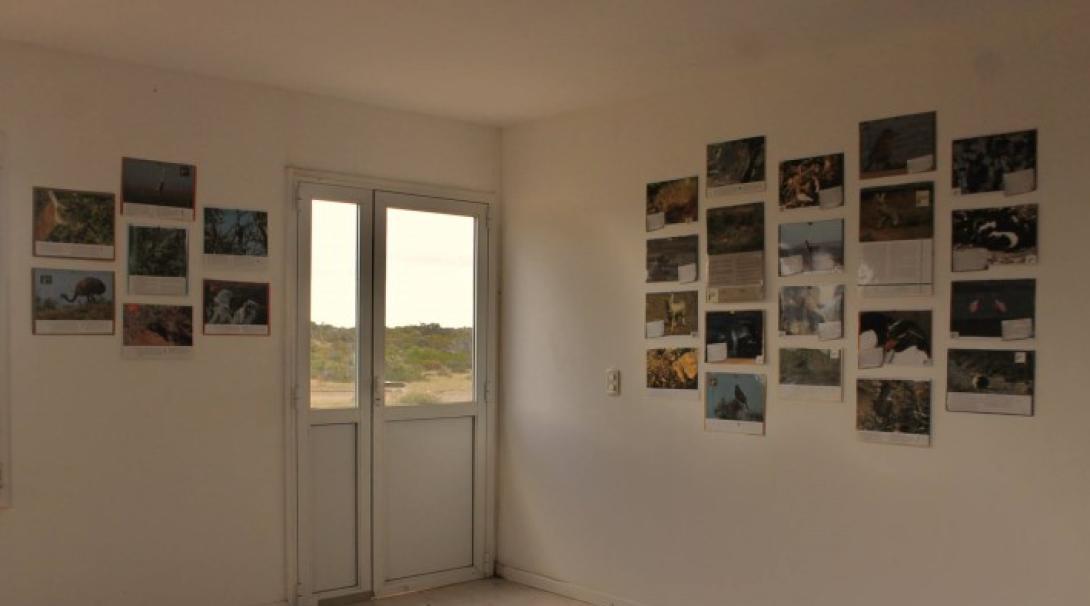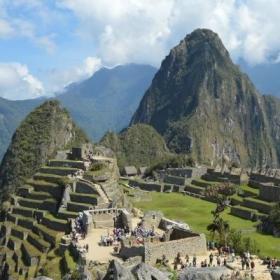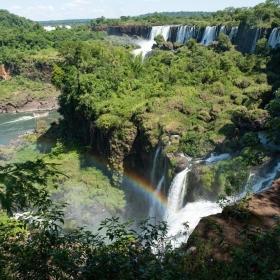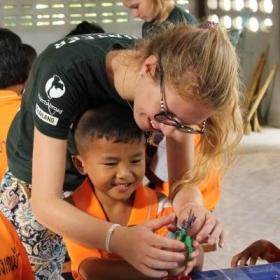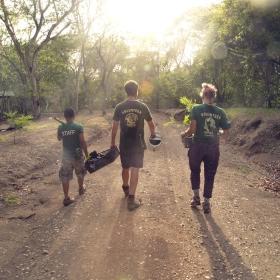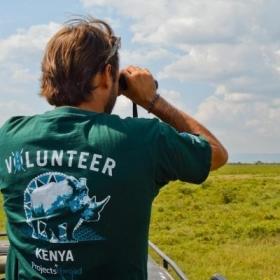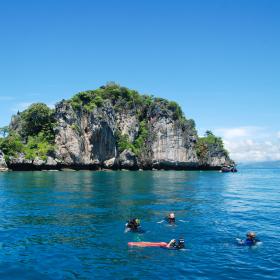At a glance
- Live and work in the incredible “La Esperanza” wildlife refuge on the stunning Patagonian coast
- Help with monitoring and conservation of whales, pumas and guanacos
- Build your own Patagonian herbarium, and learn to cook typical dishes of the Region
Is Patagonia wildlife conservation right for me?
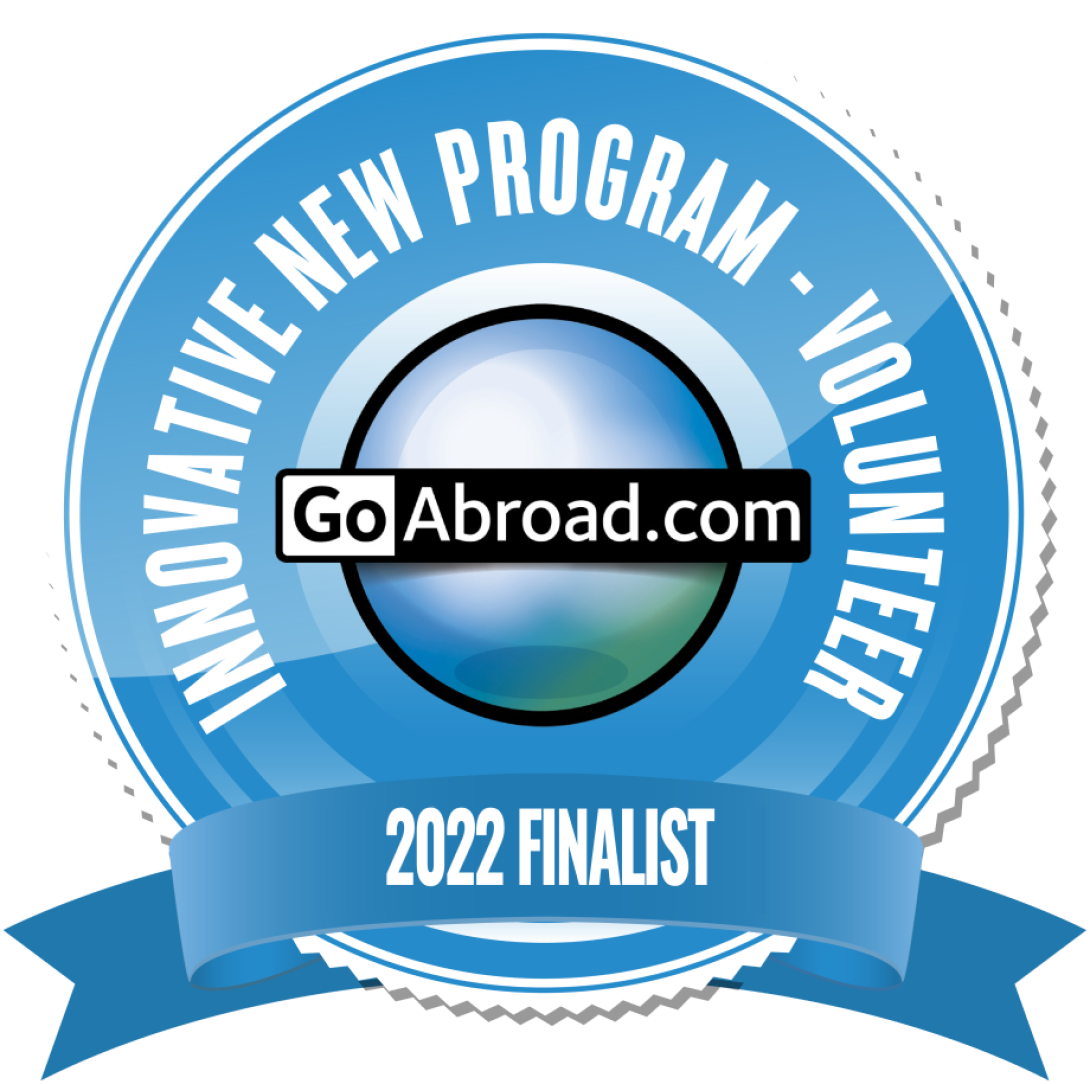
Are you passionate about protecting our planet? Would you like to live in one of the most fascinating ecosystems in the world? Then this is the perfect project for you!
It’s well-suited to anyone that loves the outdoors and has a passion for nature. You’ll be working with experienced environmentalists and monitoring fascinating species, including whales and pumas.
It’s also a good choice if you’re planning a career in conservation. You will add experience to your CV and have plenty to talk about in future job interviews. In addition, being actively involved will demonstrate your commitment to conservation work and you’ll be able to learn directly from environmentalists.
You don't need experience to join. We will teach you everything you need and the Projects Abroad team will support you whenever you need it.
Our Conservation Volunteering in Patagonia takes place all year round and you can join at any time.
What will I do on this wildlife conservation project?
During your volunteering trip, you’ll help a conservation team carry out the following tasks:
This work will include:
Take part in seasonal censuses of Sea Lion and Southern Right Whale populations
From January to May each year, we carry out a Sea Lion Census. This involves counting the sea lions that form the refuge's “wolf house”. A weekly census is carried out, which allows us to study the colony. This provides vital information on structural and behavioural changes of the group and its individuals.
From June to December, we also work on a Southern Right Whale Census. Every year the coasts of the refuge and its surroundings see the southern right whales arrive during the breeding and calving season. We take the opportunity to observe, record and study them. A weekly census is conducted from the coast. During the season, the whales are a few meters from the coast and we can marvel at their majesty up close!
Study the local population of Pumas and Guanacos
Throughout the year, you’ll help follow the local puma population using tracks and camera traps. It’s an incredible opportunity to study the largest predator in Patagonia.
You’ll also study the population of guanaco. These are the most representative mammals of the Patagonian Steppe. You will have the opportunity to meet them throughout the year, observe their behaviour and carry out population counts.
Learn native land cultivation and building techniques
You will also have the opportunity to learn to cultivate the land and take care of animals. We’ll also teach you to build with natural material and eco-friendly construction techniques.
The local staff will guide you in building your own Patagonian herbarium, and even teach you to cook typical dishes of the region.
Finally, you’ll learn more about wild flora and help with regular assessment, as well as maintenance of the facilities, hides and trails of the refuge.
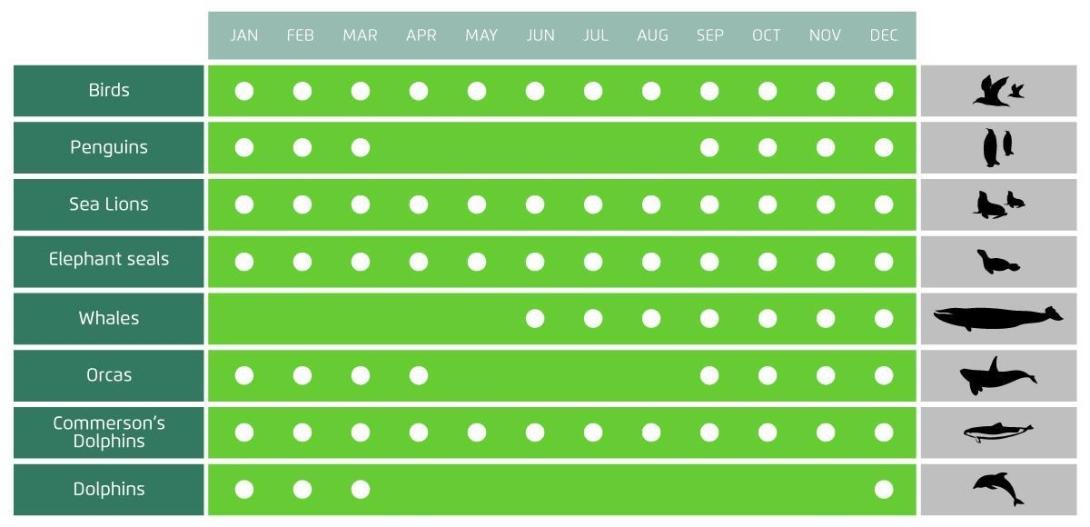
Where will I be based in Patagonia?
You’ll be staying at “La Esperanza'' wildlife refuge, around 80km north of the city of Puerto Madryn. It has 12km of beautiful coastline on the San Matías Gulf and covers an area of 6,700 hectares. Guanacos, pumas, sea lions and other species live there throughout the year. Every year it is visited by southern right whales, orcas, humpback whales and dolphins.
Puerto Madryn is a city in the northeast of the Chubut province in Argentina. The city is located on the shores of the Golfo Nuevo, on the Atlantic Ocean. It is considered the gateway to the Valdés peninsula, declared in 1999 as a World Heritage Site by Unesco and a Biosphere Reserve since 2015. It is one of the most important tourism centers in the entire region and the country, also considered as the national capital of diving.
What will a typical day be like on the wildlife reserve?
You will start your day sharing a breakfast with the conservation team, where the activities for the day will be planned, depending on the time of year.
Volunteer hours may vary depending on the activity, and generally last 4 hours a day. You could spend the morning taking part in a Sea Lion or Whale Census. At other times of the year you might be helping set up camera traps to record the movements of the local puma population. Whatever the time of year, there is plenty of work to be done!
After lunch you will be able to enjoy your free time taking walks on the beach or the steppe, taking photographic safaris, horseback riding or bird watching.
You will have free weekends, where you can choose between staying in the refuge or spending time in the city and its surroundings. This will allow you to visit other nearby protected areas and learn more about Patagonian culture.
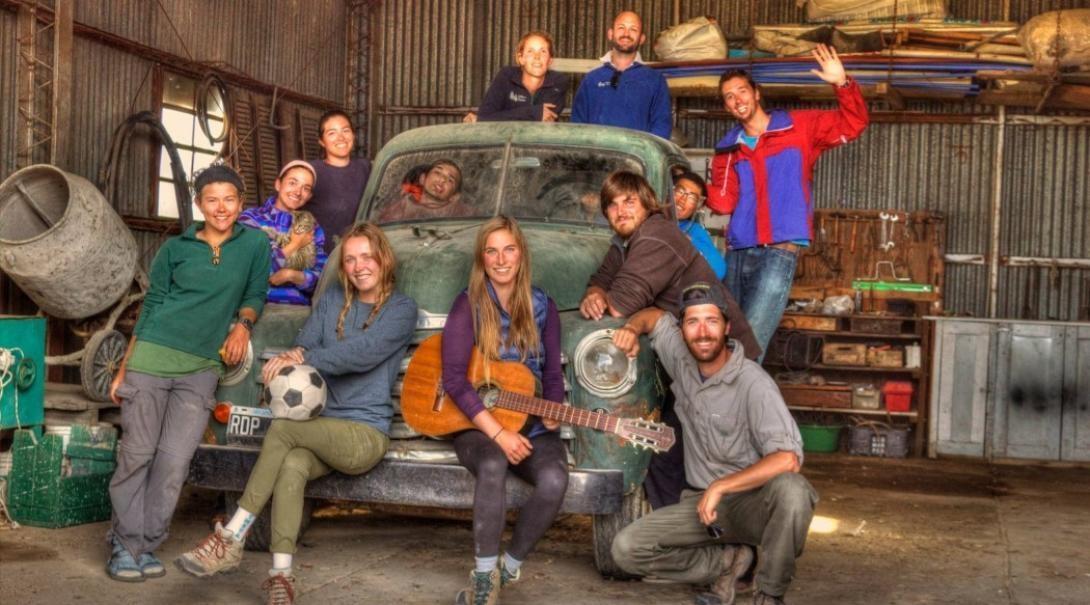
What are the aims and impact of this project?
The objective of this project is to conserve and preserve the unique and abundant flora and fauna of the coastal steppe of Patagonia. We strive to achieve this goal through hands-on activities and research.
Many of the indigenous species are under threat due to invasive species that have been introduced. Many plants and animals in this ecosystem are unique, so protecting them is essential. By participating in our project you will contribute to their protection and help them to survive.
"La Esperanza" also needs all the help you can give. The park is understaffed and environmentalists need support to carry out the necessary monitoring and research activities.
We also seek to make a greater impact through our conservation education program. By teaching children and local communities the importance of environmental conservation, we hope to involve more people in our efforts.
We work on three long-term goals in this project:
- Promote the restoration of natural habitats
- Protect local wildlife
- Raise awareness in the local community about the importance of protecting the environment
Join as an environmental volunteer in Patagonia and help us preserve and protect nature!
Management plans
We set out the aims and objectives of our projects in documents called Management Plans. We use them to properly plan the work you’ll do. They also help us measure and evaluate our achievements and impact each year.
Ultimately, our Management Plans help us make our projects better. This in turn means you get to be part of something that makes a real impact where it’s needed. Read more about our Management Plans.
Measuring our impact
Our projects work towards clear long-term goals, with specific annual objectives. Every volunteer and intern we send to these projects helps us work towards these goals, no matter how long they spend on our projects.
Every year we take a step back and look at how much progress we've made towards these goals. We put together a Global Impact Report, which documents our achievements. Find out more about the impact our global community of volunteers, interns and staff make, and read the latest report.
Food and Accommodation
You will share accommodation with other Projects Abroad volunteers and interns during your project in "La Esperanza". It's a great way to get to know your colleagues better, share experiences, and explore your surroundings together.
Our accommodation is safe, clean and comfortable. The cost of the program includes three meals a day.
Find out more about our accommodation.
Leisure activities and free time
This project is located on the north coast of Patagonia; a perfect place to explore the natural beauties of the region. You’ll have weekends free, which means that you’ll have plenty of time to travel further afield.
It’s worth making a visit to Peninsula Valdés, a World Heritage Site, where you can observe whales, penguins and orcas in their natural environment. You will also be able to visit the Punta Tombo Reserve, a colony of more than a million penguins.
Make sure not to miss out on diving! PuertoMadryn is the national capital of diving and you can swim with sea lion pups and explore sunken ships. The city has a wide variety of restaurants and museums for your days off.
You can also make excursions to the Chubut River Valley to learn about the culture of the local Welsh colony and visit the foremost paleontological museum in the country.
The best thing about joining our projects is that you can meet other volunteers and interns, so you can explore on your own or together with a group of your new friends.
Safety and staff support
Your safety and security is our prime concern. We have many procedures and systems to ensure you have the support you need to enjoy your trip with peace of mind. Our Projects Abroad staff are available 24 hours a day to help, and will be on hand to make sure you settle in well at your accommodation and placement. If you encounter any problems, they will be available to help at any time.
Find out more about safety and backup.
This placement is fully researched, safety audited, and risk assessed in accordance with the British Standard BS8848 for the Adventure Travel Sector.
Not quite what you’re looking for?
Take a look at the following pages where you'll find collections of similar projects:
Enquire Now
Our accreditations













